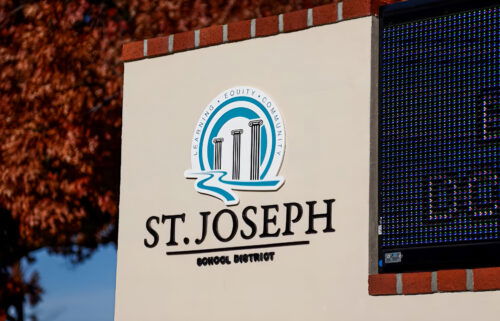Free college tuition for first responders will help everyone


By: Collin Charles Clibon
The recently signed Public Safety and Retention and Recruitment Act, as described in a recent St. Joseph News-Press article by Cameron Montemayor, provides eligible first responders with free college tuition (up to 100% of in-state tuition) for educational programs in public safety-oriented fields. This provides a huge benefit for the whole community, and local institutions should take steps to maximize its positive impact.
This program is similar to tuition assistance programs offered to active-duty military personnel. I benefited from tuition assistance programs while serving as an active-duty Soldier in the United States Army, and G.I. Bill benefits after leaving active-duty, and I believe both local universities and local police departments have a lot to gain if they can find ways to make these programs more readily available to eligible first responders.
While I was stationed in Germany, I participated in a program sponsored by the University of Oklahoma, which sent professors to military bases to teach accelerated classes, designed for Soldiers balancing higher education and national service. Local colleges could do the same and offer evening classes near where first responders are serving.
Agencies that make it easier for first responders to attend classes will maximize the recruiting benefits available from this program; conversely, the mere existence of the program will not actually help retain any good officers if they can never find time to attend classes. We owe it to these public servants to make this education attainable; offering space for professors to teach when and where first responders can take classes is critical to making the aspirations of this program a reality.
The first responder agencies are not the only ones in the community that will benefit from flexible scheduling. Local colleges that make the effort to serve first responders where they are and when they are available will gather more tuition money and have more finances available for other programs and services.
Finally, these programs will have impacts beyond the immediate agencies and institutions directly affected. Recruiting and retaining high-quality and professionally trained first responders makes the whole community safer. New revenue streams for local universities will help the whole community by providing more programs, educational opportunities, and services in and out of the classroom. More highly credentialed and educated public servants will earn higher salaries, spend more in the community, and find opportunities we cannot fully anticipate yet. I sincerely hope that leaders at local universities look to models that have been successfully employed by universities and colleges that educate working professionals in our military and ensure the promise of this program is fully realized.




